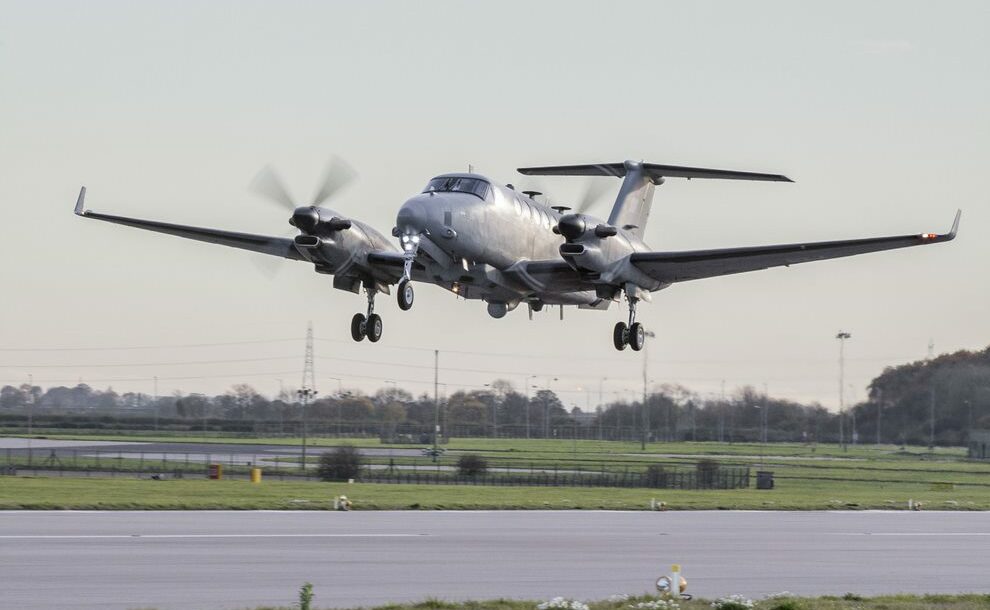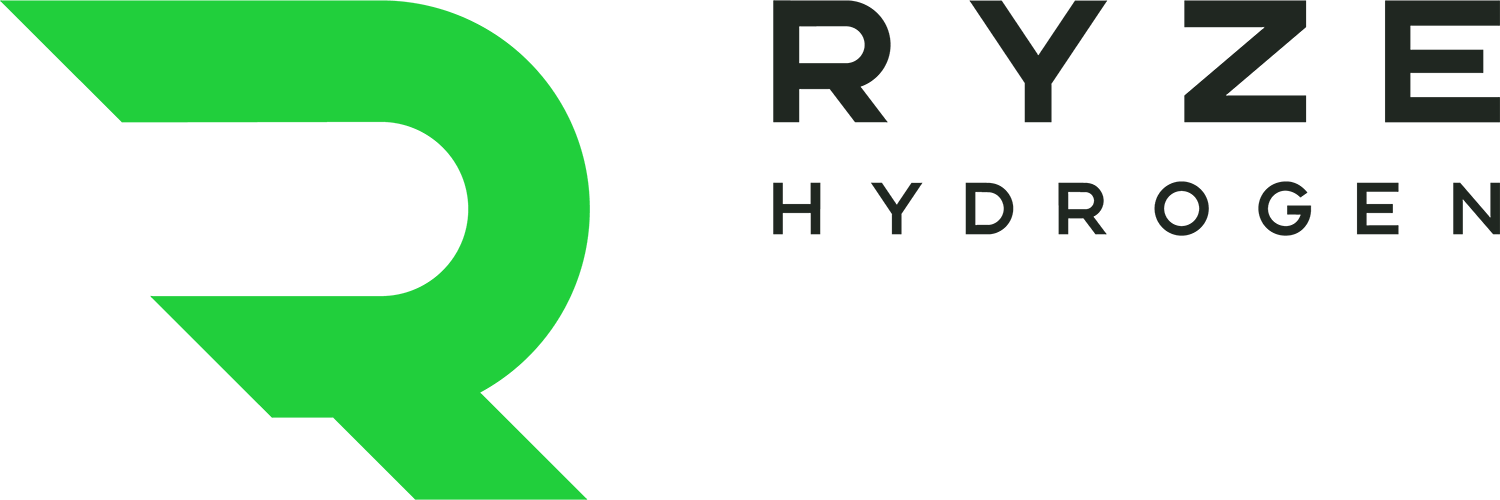Hydrogen is once again showing itself to be the product of choice for hard to decarbonise sectors. Aviation has shown itself to be particularly challenging.
The UK’s Royal Air Force (RAF) has teamed up with Zero Petroleum to set a Guinness World Record for the first successful flight using only synthetic fuel made from hydrogen.
The plane, an Ikarus C42 two-seater, was powered by Zero Petroleum’s UL91 fuel, which is made by extracting hydrogen from water and carbon from atmospheric carbon dioxide. The creation of a synthetic fuel meant it could be used without any modification to the engine or the aircraft.
“This is a world first ‘innovation’,” said Jeremy Quin, UK Minister for Defence Procurement. “Whilst green technologies like electric and hydrogen power generation are viable for many RAF platforms, high-performance aircraft require a liquid fuel alternative, like the UL91, to maintain operational capabilities.”
Zero Petroleum developed the fuel in just five months before carrying out the flight in Kimble, Cirencester on November 2. The synthetic fuel can be produced where it is needed and, because it does not rely on any inputs extracted or mined abroad, it provides energy security.

The synthetic fuel can be produced where it is needed and, because it does not rely on any inputs extracted or mined abroad, it provides energy security.
While all-electric propulsion received a boost last week when Rolls-Royce said it may have broken the world record for the fastest all-electric aircraft – an impressive 387.4 mph – batteries are likely to remain too dense to power commercial aircraft for some time to come, if ever.
However, hydrogen-electric commercial flights could begin between London and Rotterdam in the Netherlands as early as 2024, if pioneer ZeroAvia gets its way. A 24-seat aircraft currently under development by the company will fly entirely on hydrogen. ZeroAvia is also working with Alaska Air on the development of a hydrogen-electric powertrain for a 76-seater regional aircraft.
Big players are getting involved too. Airbus CEO Guillaume Faury said recently he expects it will have a hydrogen plane in service by 2035. “Hydrogen has an energy density three times that of kerosene – [technically it] is made for aviation,” he told reporters at a sustainability event in Toulouse.
However, powering flights with pure hydrogen fuel is likely to be limited to the short-haul sector for the short term, according to Rolls-Royce, which produces jet engines for the likes of Airbus and rival Boeing.
“For long-distance international travel the industry doesn’t see a technology solution that’s appropriate – other than synthetic aviation fuel,” Rolls-Royce CEO Warren East was quoted as saying in August. For that, Zero Petroleum’s UL91 fuel could be just the ticket.






